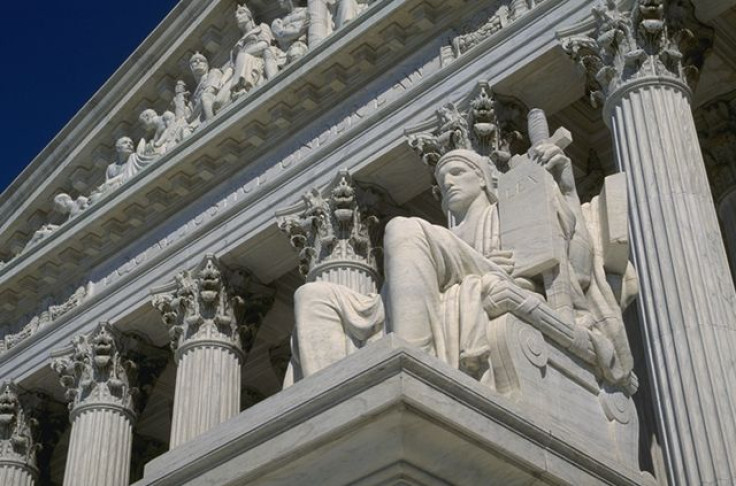AIDS Funding Law Struck Down By Supreme Court: Non-Profits Don’t Have To Denounce Prostitution To Get Funding

In an opinion by Chief Justice Roberts on Thursday, the U.S. Supreme Court struck down a federal law that made receipt of government funding to combat HIV/AIDS contingent upon non-profit organizations having "a policy explicitly opposing prostitution," saying that it violated the First Amendment.
The U.S. Leadership Against HIV/AIDS, Tuberculosis, and Malaria Act of 2003 (Leadership Act) imposed two conditions on funding: (1) that the funds couldn't be used to promote or advocate for the practice of prostitution and (2) that the funds couldn't be given to organizations that don't explicitly oppose prostitution.
The Alliance for Open Society International, Pathfinder International, Global Health Council and InterAction joined forces to file suit against various government agencies in 2005, alleging that the Leadership Act violated the First Amendment's guarantee of freedom of speech by forcing them to promote the government's viewpoint on prostitution. Lower courts ruled in favor of the non-profits, saying that the provisions were too broad of a restriction on free speech. That's when the government brought its appeal to the Supreme Court.
The groups did receive an injunction in 2006 that prevented the anti-prostitution policy from being enforced, but the government still sought to uphold the prostitution provisions of the Leadership Act. The government was backed by 46 non-profit groups, who came out in support of the law.
On SCOTUSblog, Kevin Russell, a partner at Goldstein & Russell, P.C., offered some insight into the thinking of the Court, saying
"The Court noted that it is clear that the First Amendment would prohibit the government from directly requiring citizens to publically support the government's position on prostitution. But the Court also reaffirmed that Congress can sometimes attach strings to federal funds, even strings involving speech. The dividing line, the Court held, is between conditions that "define the limits of the Government spending program" by limiting what speech the money can be spent on (which is permissible) and conditions that seek to leverage funding to regulate speech outside the program (which is unconstitutional)."
Thursday's opinion marks the end of a more than five-year legal battle. In a 6-2 vote, with Justice Elena Kagan recused, the justices said that the law violated free speech by "compelling as a condition of federal funding the affirmation of a belief." The anti-prostitution provision in the Leadership Act has been struck down and groups can't be barred from receiving federal funding based on their views on prostitution.
Source: Russel K. Details: AID v. Alliance for Open Society International. SCOTUSblog. 2013.



























